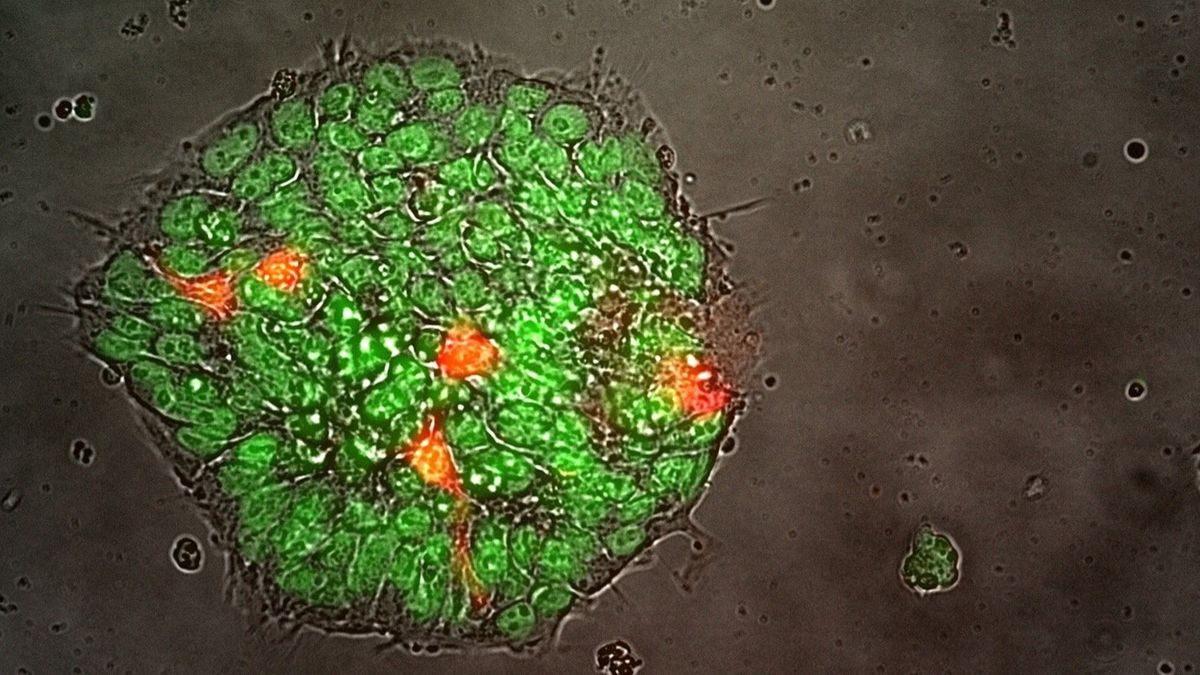More than 40 years ago, Marià Alemany Lamana and his team had to act quickly to prevent an erroneous interpretation of their data from getting published.
Marià Alemany Lamana
In the late 1970s, I led a research group at the Balearic Islands University to investigate metabolic changes during development. Since the university was new, we had a limited budget and no controlled animal facilities for rat experiments.
Chick embryos emerged as a viable alternative. They were also an interesting model system as questions remained about the biochemical adaptations during early chick development, including the rate and location of protein synthesis.
We addressed these questions by injecting fertilized eggs with carbon-14 labeled amino acids. After 24 hours of incubation, we dissected different egg components and measured the radioactive signal using a scintillation counter.
The marked amino acids seemed to incorporate into proteins, indicating a rapid metabolization, which contrasted with the fact that protein synthesis is relatively slow. We also consistently found the labeling in the yolk and albumen, two components presumably not subjected to active synthesis by the embryo. Although we could not explain the findings to our complete satisfaction, we submitted them for publication and kept looking for explanations. Then, we found a paper that described how amino acids that appeared to be incorporated into proteins were actually physically attached, or adsorbed, to them.1
We tested the adsorption hypothesis and found that to be the case in our experiments as well. Although we were shocked to discover that our interpretation of the results was incorrect, we felt satisfied that we could fully explain them. This feeling, though, rapidly turned to concern as we had just received the journal’s acceptance letter. It was unacceptable for us to publish what we knew to be wrong, so we quickly wrote to the journal’s editor asking to withdraw the manuscript.
This experience showed us the value of thinking outside the box and checking and rechecking results. It also stressed the responsibility of scientists to always do their best work, which includes not publishing information they know is inaccurate.
This interview has been edited for length and clarity.
Share your best worst mistake with us.














